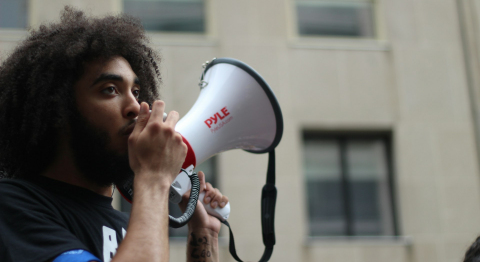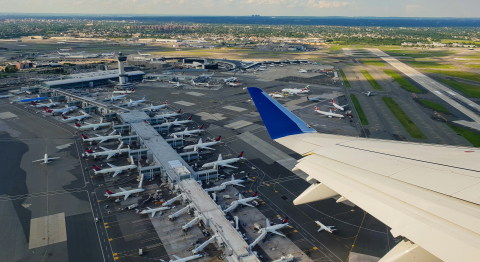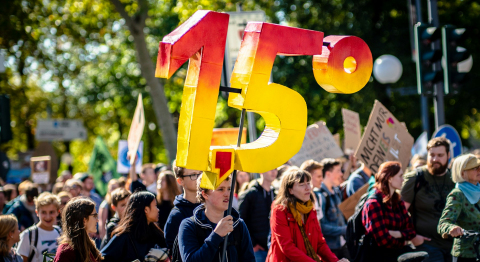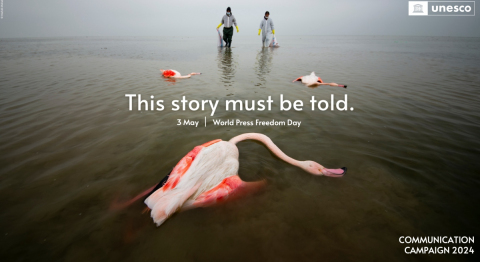Mehreen Afzal has been deployed for the Somali emergency for a period of two/three months as a Protection Officer for UNHCR, Dadaab, Kenya.
Dadaab: the best solutions are the simple ones
What a week. Each day feels like four with highs and lows, challenges and breakthroughs. I am beginning to see why working in deep field emergencies is addictive.
I wake up in my tent, brush my teeth at a water pump and shower in a tin container. At times the work within the compound seems deceitfully normal. I spend hours in meetings with NGO partners on identifying vulnerabilities, procedures and strategy, much as I did in Dakar or Geneva. But just as I begin to ask what the fuss is all about, I venture out into the camp for my daily monitoring mission and quickly realise that nothing is normal. Sadness, desperation and chaos is always just around the corner.
Protection
Like today, when we get a phone call at the Ifo reception centre to inform us that a group of twenty Somalis arrived in the camp reporting a violent run in with Kenyan bandits en route. As a protection officer at Ifo camp, I go with a few colleagues to meet with the family. A husband, brother and mother greet me with the story of their sister, wife and daughter taken hostage by the bandits, their whereabouts still unknown.
Ifo is one of the three camps around Dadaab which receives between 300 and 600 new Somali arrivals daily. The conditions in and around the camp are not conducive to spontaneous monitoring. Each morning we pile into 4x4 lined up at the office car park and ready to take us to the local police compound where an escort awaits the 8am departure. Together we drive through the uneven sandy roads, hoping that the police and multiple vehicles will act as a deterrent for ill meaning individuals.
I have a clearer understanding of the protection concerns of new arrivals, spending more time conducting individual interviews on their reasons for leaving and the difficulties faced along their journey. What impresses me is the resilience of the Somalis, and the fact that they have been through so much that very little affects them other than the suffering of their children. I am trying to find ways to strengthen the screening at the reception areas, so that those that are particularly vulnerable are given priority.
Another thing I have learnt is that the best solutions in this context are the simple ones. There is no need for well reasoned strategy papers and conferences, but quick and pragmatic solutions. I also see that refugees do not want to be treated like refugees, but regular people. Shorter queues for food distribution, assistance with carrying their plastic sheeting and cooking utensils, information on what medical services are available are already big steps in the right direction. And so I strive to spots the gaps, tighten our mechanisms for assistance and sensitize partners on my findings.
Hospitals
By far the most troubling experience has been walking into hospitals, usually flimsy tent structure wards for the malnourished, the emergency room and the post-op recovery room. The background hum of family members sitting on the floors talking as their loved ones are being cared for by doctors. I decided to test the hospital services myself as I was limping around with a nasty splinter a few days ago. A friend/colleague attempted to use his first aid skills but left me with a gash in my heel. I headed to GIZ (German Health NGO) at Ifo camp, and realised how daunting it must be for refugees to come through the compound to seek assistance. People everywhere, entrance leading to a narrow corridor and then another courtyard, doors without sign posts. I spotted a man in a white coat and requested assistance. He shuttled me through to a small room with a stretcher. A father was carrying his five year old son into the emergency ward. The young boy was delirious, having difficulty breathing. His stomach was swollen and he was only half conscious. The doctors, somehow fazed with the daily consultation did not seem affected by the scene. The next visit was to the MSF clinic in Dagahaley where I met a good friend whom I hadn’t seen in two years. Mothers lined up on stretchers cradling their fragile children. A young woman with sunken eyes and jutted cheekbones covered herself as she breast fed her child who didn’t look a day older than six months. I found out later he was two years old.
I keep writing about the heart wrenching scenes because they are the most powerful. But there are good moments too. I had expected to be cynical about the work accomplished but I am not disheartened by the efforts made, quite the contrary. People are dedicated, they work seven days a week and with conviction. I’ve met some gems already and realise that there are bound to be like minded people in a place where you can only live if you’re here for the right reasons.
De Luxemburgse Mehreen Afzal werkt voor de VN-vluchtelingenorganisatie (UNHCR) in Dadaab, in Kenia. Mehreen houdt voor MO.be een Engelstalige blog bij van haar impressies en ervaringen in dit kamp.
Maak MO* mee mogelijk.
Word proMO* net als 2781 andere lezers en maak MO* mee mogelijk. Zo blijven al onze verhalen gratis online beschikbaar voor iédereen.
Meer verhalen
-
Wereldblog
-
Nieuws
-
Wedstrijd
-
Nieuws
-
Interview
-
Nieuws










 Oxfam België
Oxfam België Handicap International
Handicap International